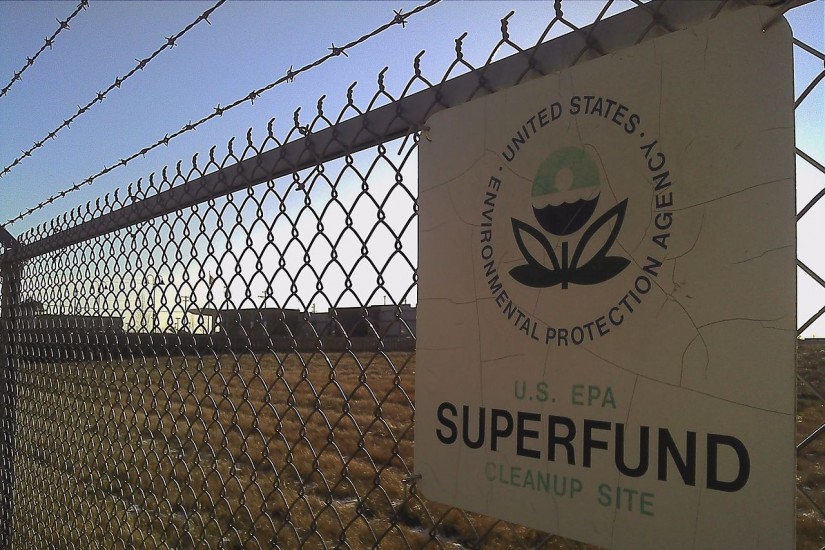The EPA began in 1970 as an agency charged with curbing pollution. Throughout the 1970s, Congress gave the EPA power to set limits on air pollution, regulate automobile emissions, define appropriate water treatment technology, set drinking water standards and regulate pesticides. Outside of minor provisions, this legislation was about the EPA preventing pollution, not cleaning it up.
In 1976, rising concern about uncontrolled dumping and burning of hazardous materials prompted passage of the Resource Conservation and Recovery Act, which allowed the EPA to regulate hazardous waste from cradle to grave. Unfortunately, there were already thousands of hazardous waste “graves” in existence. For decades, companies dumped hazardous waste haphazardly.
In the 1940s and early 1950s, for example, the Hooker Chemical Company filled an old canal – Love canal, as it was known – with some 21,800 tons of chemicals, some of which Hooker knew to be hazardous.
In 1953, the company covered the canal with dirt and sold it to a local school board for a dollar. The city built a school and playground atop the dump, and residents built houses along its edge.
As knowledge of the hazardous legacy at Love Canal and similar places emerged in the 1970s, it generated fear, outrage and grassroots, anti-toxic movements. These movements in turn bolstered support for an EPA program to address existing hazardous waste sites.
In 1980 – 10 years after the birth of the EPA – Congress passed the Superfund Act. The law imposed strict liability for the cost of cleanup on entities responsible for hazardous waste sites. It also established a small tax on chemical and petroleum industries that were associated with hazardous waste.
Money from the tax fed a large trust fund, a “Superfund”, which the agency could draw on to clean up “orphan” sites, where responsibility could not be determined. In both cases, the idea was that the “polluter pays”, either as a directly responsible party or as part of an industry generally responsible for hazardous waste.
The Superfund tax survived for 15 years, building up a large trust fund used for cleanup. Two Republican presidents, Ronald Reagan and George HW Bush, signed off on reauthorizing the tax in the 1980s and 1990s. As the Superfund program developed, the EPA discovered thousands of new sites, making funding for the program all the more important.
But rightwing Republicans who took control of Congress in 1994 rebuffed Bill Clinton’s urging to renew the tax. It expired in 1995.
